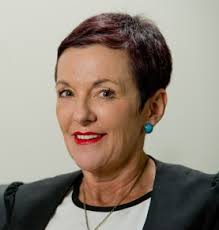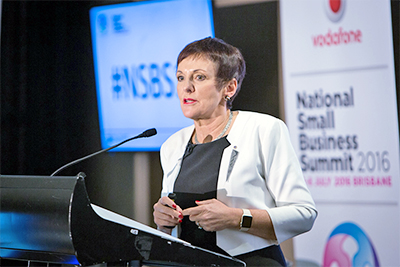By Leon Gettler >>
ANYONE wanting to dip into the Australian property market needs to treat it like any business, says Jayne Robbins, the owner of Brisbane-based buyer advocate firm, The Informed Buyer.
She said buyers need to look at the micro-levels behind the macro-numbers that the media like to talk about, at a time when the market is softening.
“So yes, we are seeing a downturn, particularly in Sydney and Melbourne but I still think there are markets that are performing so that’s getting into the finer details behind that overall number,” Ms Robbins told Talking Business. 
“If you look at houses versus units and then down to the different suburbs, you will find there are still markets that are performing well.”
She said there are many issues to consider and even looking at the performance of a suburb, there will be some pockets that are outperforming other areas of the same suburb. That takes highly specialised information.
She said investors needed long term property goals, whether it was capital or yield. And while everyone wanted to have both, investors needed to be strategic and understand their own risk profile.
GET ON TARGET
Investors also needed to understand their target market.
“Like any good business decision, understanding what potential future renters would be looking for in your property and making sure you’re buying a property that fills those needs,” Ms Robbins said.
For example, if investors are looking at the family home market, they need to make sure the schools in the area are of good quality and that the property is in the right school catchment.
Similarly, if the investor was looking at accommodation for young professionals, they needed to look at issues like commute times and access to the city and workplaces.
These strategies would ensure they had long term tenants.
There were still opportunities for investors, Ms Robbins said.
“If you look at maps and things of average to medium prices, and work out what suburbs are closer in that have those sort of commute times and good schools … those are areas that are on the growth,” she said.
She said investors also needed to be right across their accounts because banks were now much more rigorous.
They needed to run various scenarios to show the bank it was affordable if things do change in the market
“It’s no longer just a budget you provide them, they’ll go and look at your history over the last three to six months to ensure what you’re saying you’re spending is actually what you’re spending your money” Ms Robbins said.
www.theinformedbuyer.com.au
www.leongettler.com
Hear the complete interview and catch up with other topical business news on Leon Gettler’s Talking Business podcast, released every Friday at www.acast.com/talkingbusiness.
ends


 How to resolve AdBlock issue?
How to resolve AdBlock issue? 



